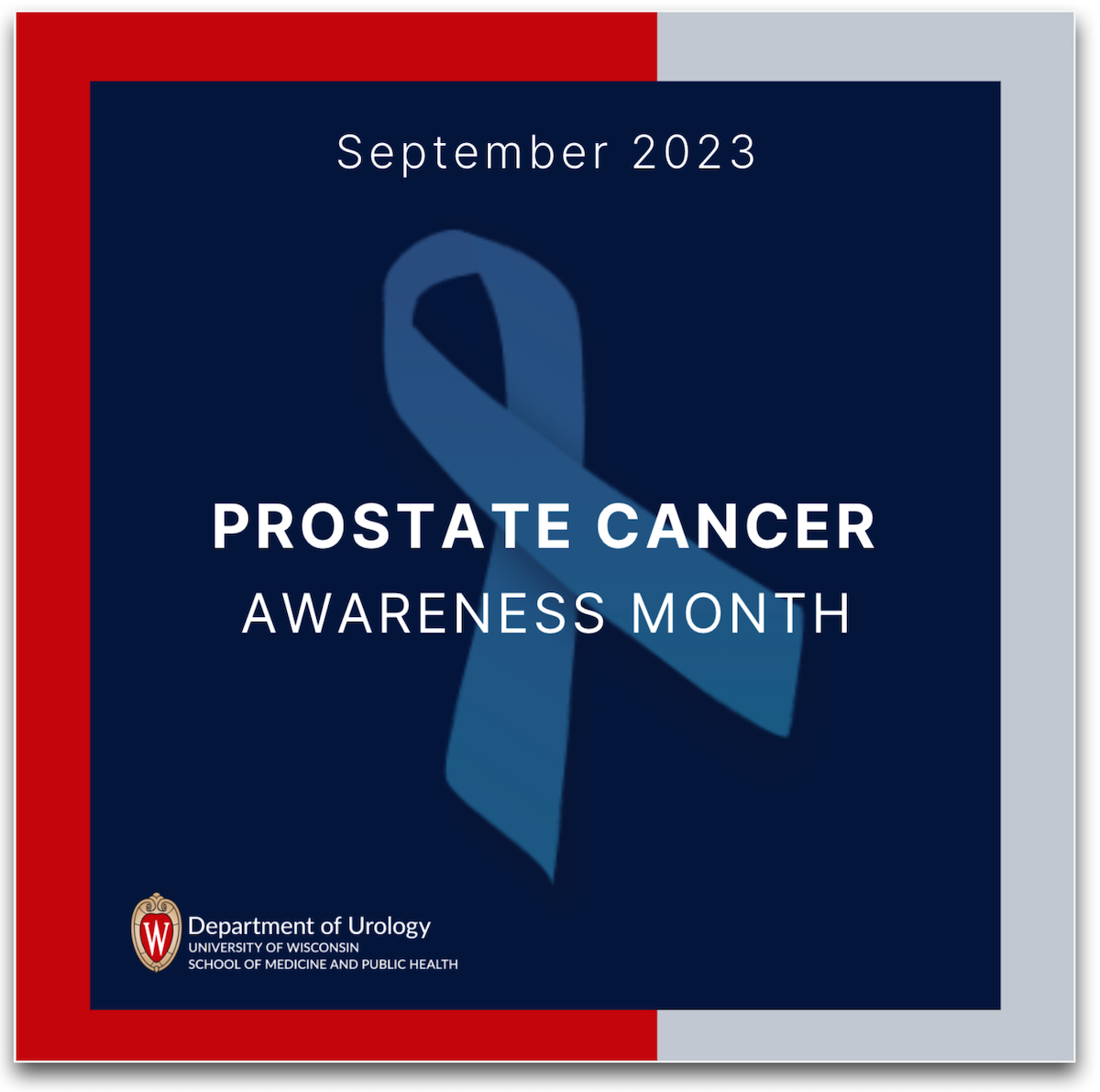 Prostate Cancer Awareness Month provides a critical opportunity to shine a light on this highly prevalent disease, its profound impact, and the advancements being made to improve the lives of prostate cancer patients.
Prostate Cancer Awareness Month provides a critical opportunity to shine a light on this highly prevalent disease, its profound impact, and the advancements being made to improve the lives of prostate cancer patients.
Prostate cancer is the most common non-skin cancer in men in the United States. The National Cancer Institute estimates more than 288,300 men in the U.S. will be diagnosed with the disease in 2023, while 34,700 men are expected to die of prostate cancer in the U.S. this year.
Rare before age 40, prostate cancer’s mean age at diagnosis is 66. Those at highest risk of developing the disease are African American men and Caribbean men of African ancestry, and men with a strong family history of prostate cancer – especially multiple first-degree male relatives diagnosed at a young age.
The five-year survival rate for men diagnosed with early-stage prostate cancer (detected before it can spread to other parts of the body) is over 99%. This statistic is precisely why annual checkups and early detection through screenings like the prostate-specific antigen (PSA) test remain crucial.
The University of Wisconsin Urology Department recognizes that a multifaceted approach, including advanced research and comprehensive care, is essential to address the complexities of the disease. We are making significant strides in understanding, diagnosing, and treating prostate cancer through a combination of cutting-edge treatments and a commitment to innovative research initiatives. These initiatives span diverse areas such as genetics, imaging technologies, biomarker discovery, and groundbreaking treatment approaches.
Last year, the urologic oncology and interventional radiology teams at UW made history when they collaborated to complete Wisconsin’s first MRI-guided cryoablation and the UW’s first-ever MRI-guided biopsy of the prostate. A novel form of “focal therapy,” these procedures offer select patients a more accurate, minimally invasive option in the treatment of prostate cancer.
A current clinical trial examines a radiotracer called Pylarify® (18F-DCFPyL) to determine if using this novel imaging agent in PET Scans improves cancer detection in low-risk prostate cancer patients compared to previously used diagnostic methods. UW-Madison is one of the first and only research sites approved to study this new PET scan imaging agent in a cohort of low-risk prostate cancer patients.
Further, earlier this summer, prostate cancer research initiatives at UW earned a significant boost when the UW Carbone Cancer Center received the Specialized Program of Research Excellence (SPORE) designation from the National Cancer Institute (NCI) for research to advance new prostate cancer treatments. This designation, only one of a few active SPORE awards in the United States, comes with more than $11 million in federal funding to support new and existing research efforts.
“It’s really an exciting time for prostate cancer research here. This [SPORE] will provide an opportunity to take observations from the laboratories and bring them to our patients as new therapeutics.”
– David Jarrard, MD, surgical oncologist and deputy director, UW Carbone, and professor of urology, University of Wisconsin School of Medicine and Public Health.
Prostate Cancer Awareness Month serves as a pivotal moment to highlight the ongoing efforts in the battle against this prevalent disease. UW’s dedication to transformative research initiatives and state-of-the-art treatments underscores our unwavering commitment to advancing the field of prostate cancer diagnosis, care, and treatment. By combining cutting-edge research with innovative, compassionate care, we are forging a future where prostate cancer is detected early and managed comprehensively, leading to improved outcomes and an enhanced quality of life for patients.